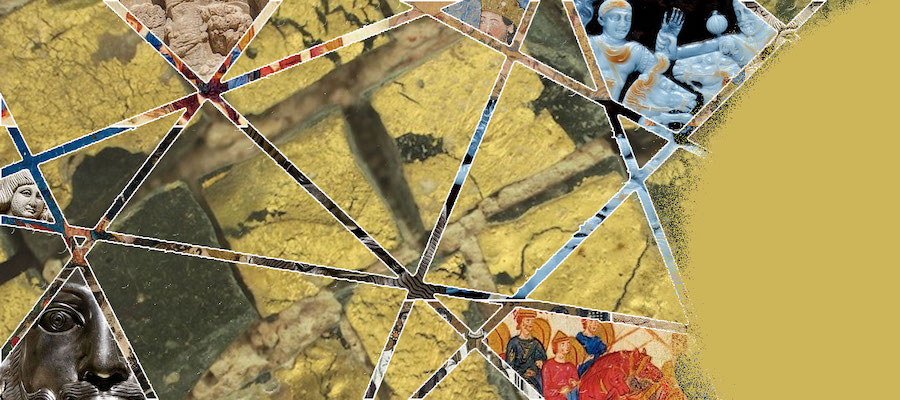Intersecting Sexes: Byzantine, Sasanian and Eurasian Masculinity
Organized by Eve MacDonald, Cardiff University, and Sean Tougher, Cardiff University
The late antique, early medieval near east was a rich source of intercultural activity while the fractured political landscape saw an increasingly rigid articulation of ideal masculine identity in the form of specific types of men: ruler, religious leader, military commander. This panel will explore the intersections and boundaries between the different ethnic, social and political identities that populated the eastern Mediterranean, near east and Eurasian world in the late antique and early medieval period through the lens of ideal masculinity. The papers in the panel will approach masculinities horizontally by examining the ideal across cultures and the influences of prevailing power, but also to look vertically through social hierarchies within local identities. The panel brings together researchers whose work crosses cultural boundaries and reflected identities. We will explore the ways that construction of masculinity could move within and across cultures and how this is viewed through the visual and literary landscapes of the late antique and early medieval near east, eastern Mediterranean and Eurasia.
The panel includes four papers that range across topic and geographic regions including (in a roughly chronological list): the representation of martial identity in Theophylact Simocatta’s 6th / 7th century Constantinople; hegemonic and feminine masculinities in Abbasid period Armenia; Sasanian reflections of the non-ideal, demonised masculinity through relief sculpture and medieval Persian epic; and war and masculinity in 10th century Byzantium through the History of Leo the Deacon. Each paper is connected to each other through shared historical dialogue, broad narrative threads and conflict generated alterity but also reflects and responds to local expression of identity construction. A panel discussion will explore the specific masculine identities presented and their inter-cultural connections in the first millennium near east, Eurasia and eastern Mediterranean.
